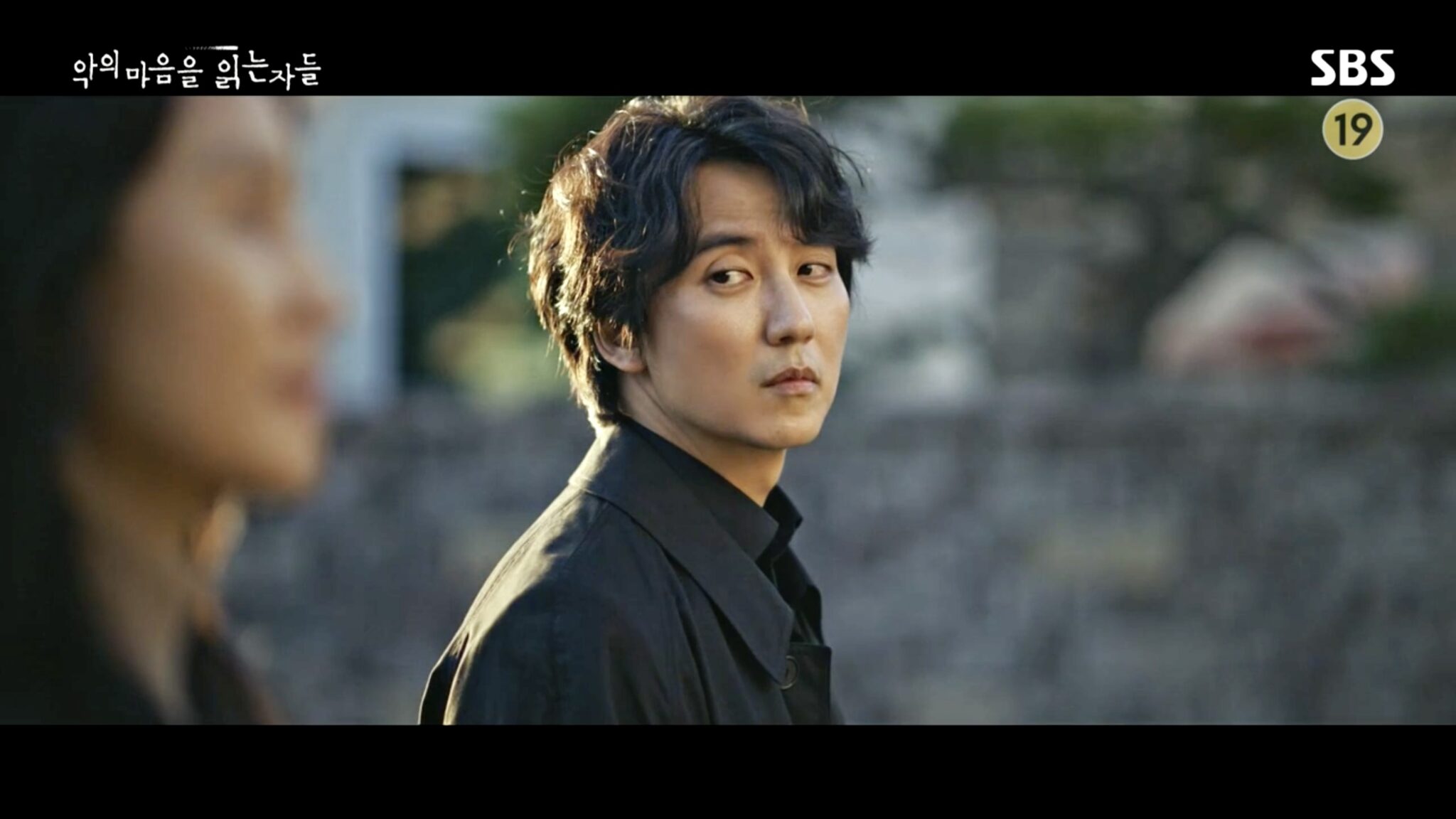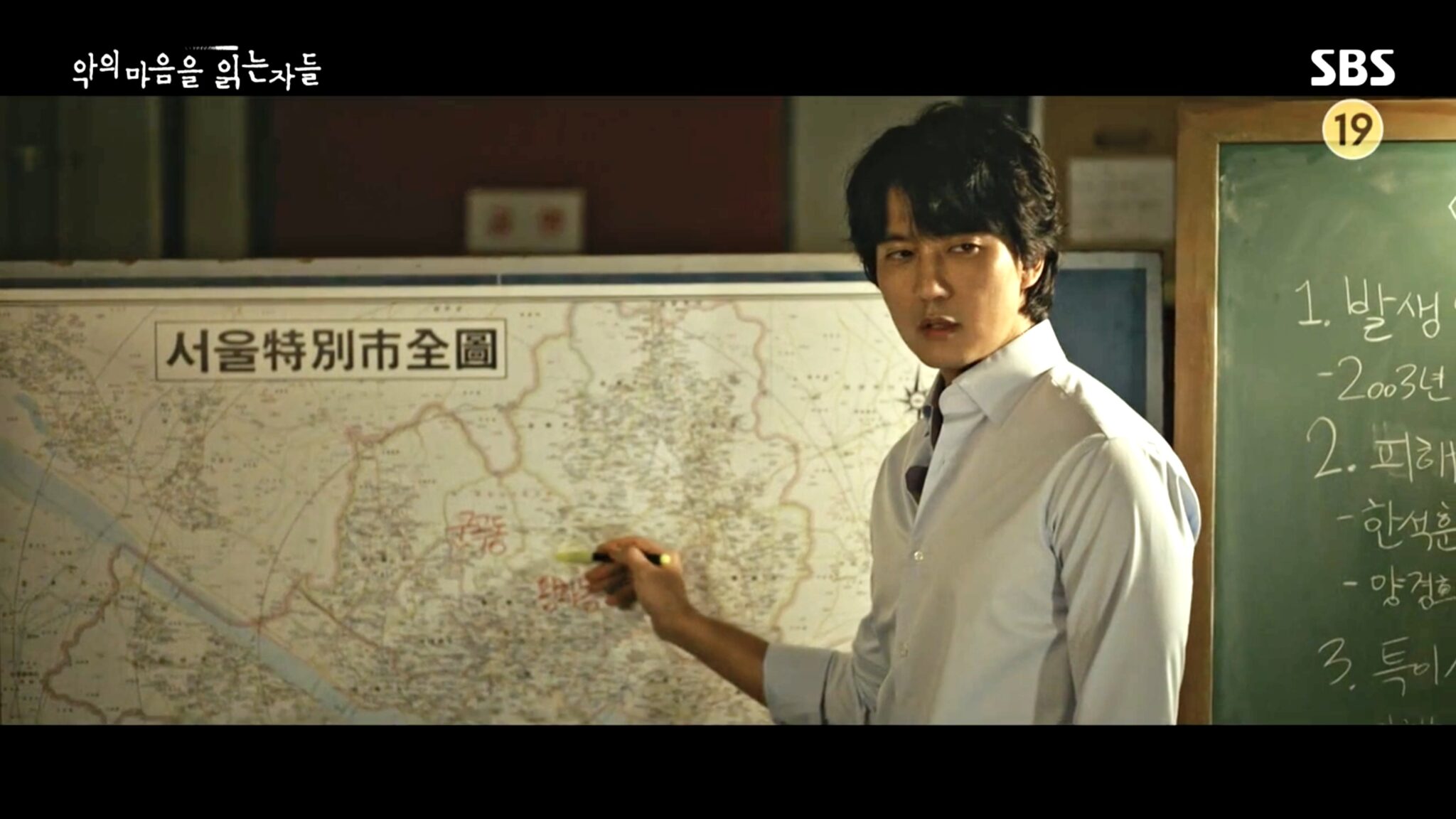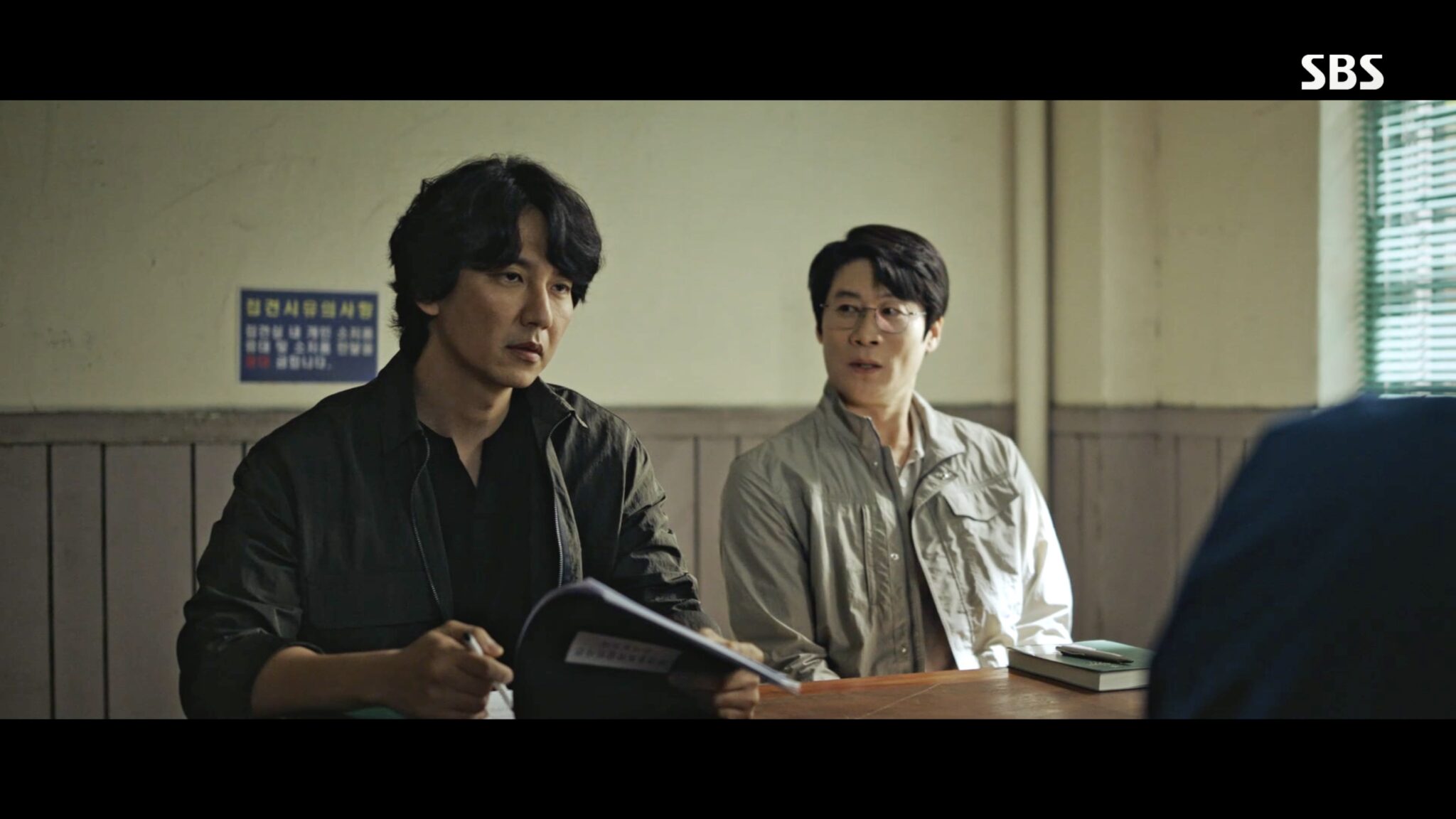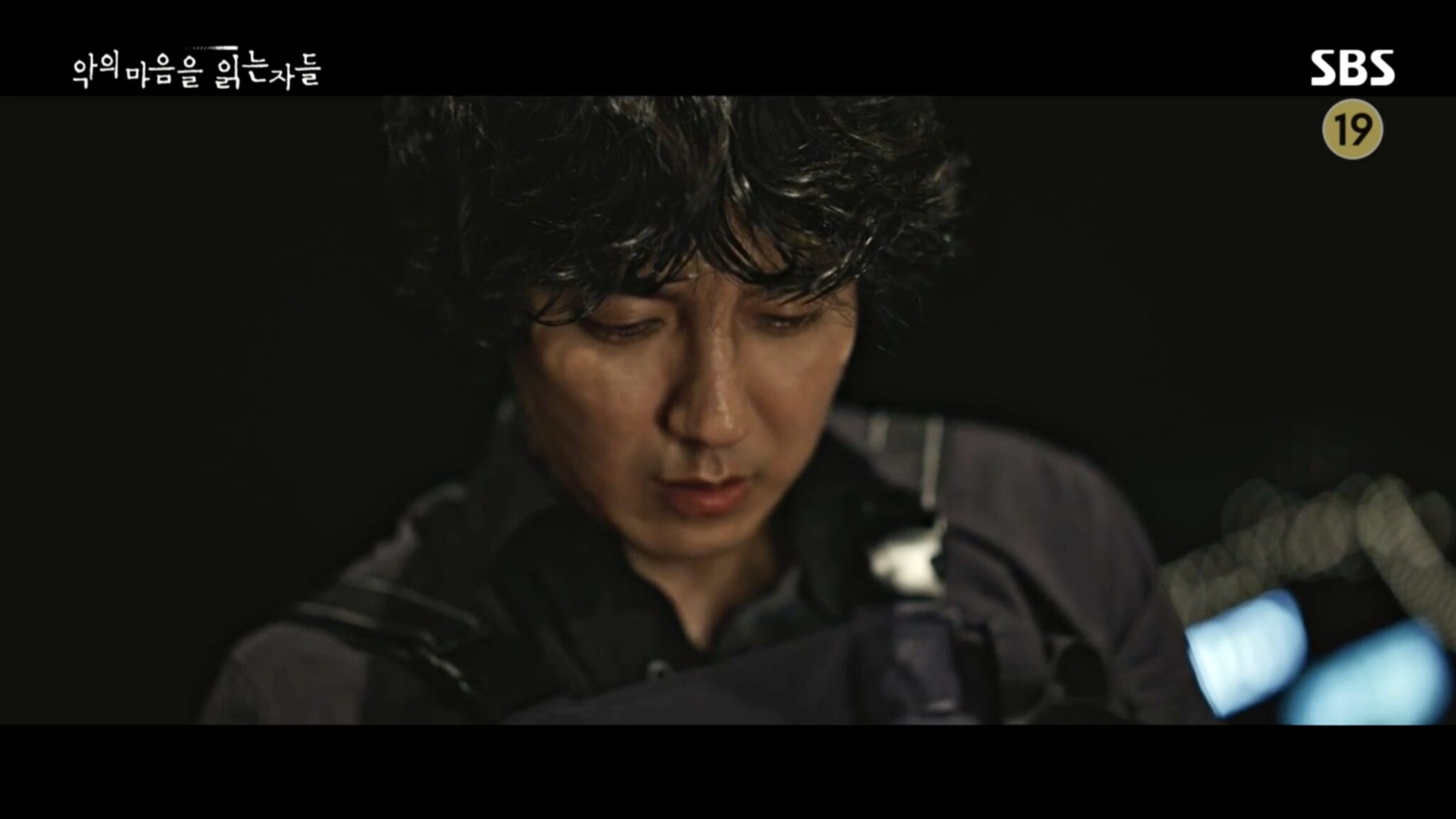[ad_1]
[Why you should watch] Through the Darkness
by Guest Beanie

By: @Poulomi
Netflix had been persistently recommending Through the Darkness to me, but each time I considered it, I was deterred by the title song’s gloominess, the monochromatic visuals, and the unsettling chills they evoked. However, an article about Kim Nam-gil’s experimental acting approach piqued my interest, and I decided to give the show a chance. To my astonishment, I was utterly captivated, riveted by the narrative unfolding from the first episode.
Through the Darkness is a masterclass in the psychological thriller genre, deftly weaving the intricate tapestry of criminal psychology with the nascent field of criminal profiling. At the epicenter of this chilling narrative is Song Ha-young (Kim Nam-gil), the protagonist who’s portrayed with haunting nuance. Ha-young’s character arc is a study in contrasts – his hypersensitivity and intense empathy, which once burdened his childhood, morph into a solitary, almost enigmatic adulthood persona forged as a defense mechanism against the overwhelming emotions of the world.
This aspect of his character is vividly depicted in the first episode, where a six-year-old Ha-young, shy and timid, falls into a lake. As he sinks, he encounters a dead lady in a red dress, staring intensely at him. Intriguingly, Ha-young reaches out to her before being rescued. Later, he is visibly moved by the lady’s fate, showing a depth of emotion that belies his young age.

As an adult, Ha-young becomes a police officer, driven by his deep empathy for victims and a sense of responsibility towards humanity. He is seen as an outlier in the department, known for his serious, soft-spoken demeanor rather than the typical energetic and aggressive policeman archetype. His colleagues often mock his empathetic approach to understanding criminals and his habit of visiting victims’ families, though he rarely communicates with them.
The show also features the character of Kook Young-soo (Jin Sun-kyu), a dedicated and forward-thinking man who’s passionate about his work and compassionate towards humanity. Unlike Ha-young, whose empathy makes him vulnerable, Young-soo is driven by a sense of righteousness and conviction. This contrast leads to Young-soo becoming Ha-young’s mentor, helping him channel his abilities into becoming the nation’s first criminal profiler. Their relationship is beautifully portrayed, and Jin Sun-kyu delivers a compelling performance. Additionally, the other characters add depth to the series, each with their unique traits, contributing to the escalating tension in every episode.

My favorite part of the story was when Ha-young succumbs to evil and loses faith because he witnesses and experiences too much. He decides to quit; his colleagues and mentor do not question because they have seen Ha-young give too much for his cause. But then, one member of the victim’s family expresses acknowledgement of his work because that helped her restore faith in humanity. This becomes Ha-young’s break even point, sense of purpose, and return to his cause.
Overall, Through the Darkness is more than just a foray into the world of crime investigation; it is a profound exploration of the human psyche, expertly portrayed through its compelling characters and intricate storytelling. The series transcends conventional crime dramas, delving deep into its protagonists’ moral complexities and psychological depths. It stands as a testament to the power of empathy and understanding in a world often overshadowed by malevolence.
This show is a must-watch for those who appreciate nuanced character development, gripping narratives, and a thoughtful examination of the darker aspects of humanity. It is a journey that leaves a lasting impact, challenging viewers to look beyond the surface and embrace the light that lingers, even in the darkest of times.

RELATED POSTS
[ad_2]
Source link

